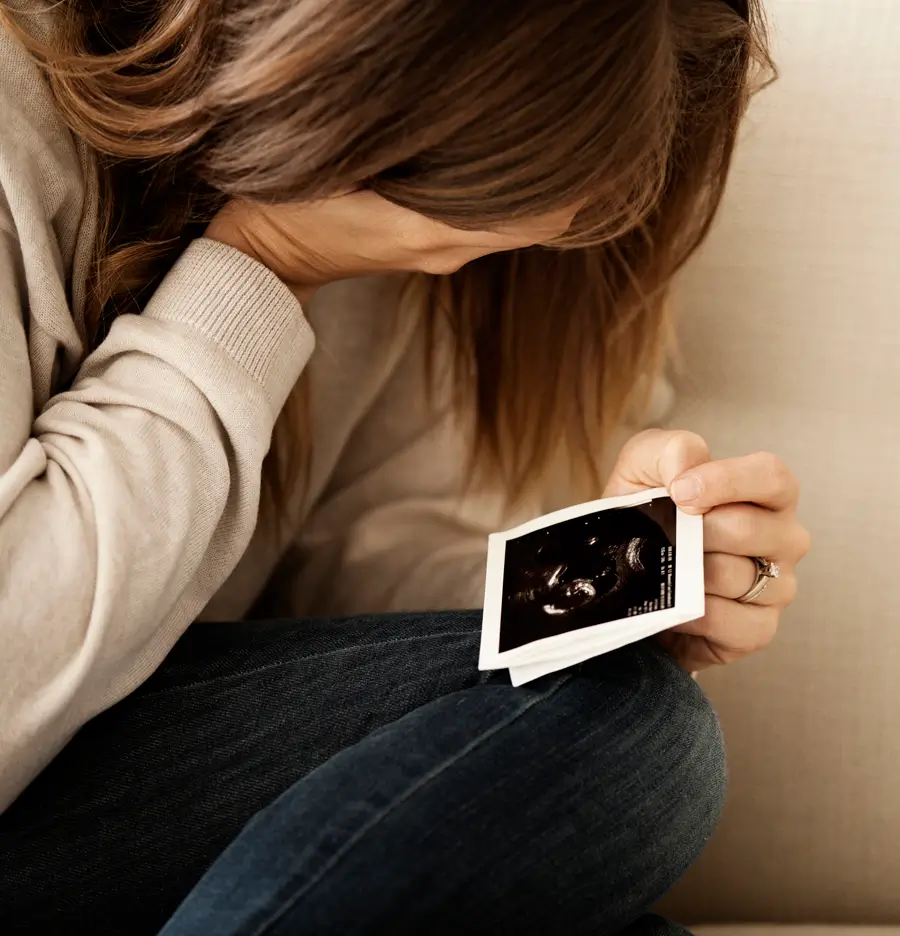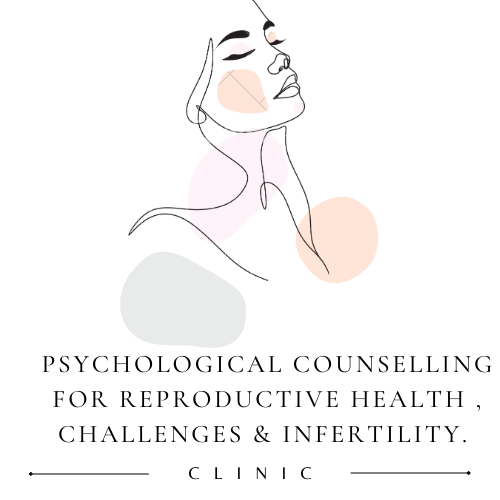Understanding the Grief of Miscarriage , Recurrent pregnancy & Infant Loss
Miscarriage and infant loss are deeply personal and heartbreaking experiences that can leave individuals and families grappling with profound grief and overwhelming emotions.
The journey of navigating through these losses is a complex and challenging one, often accompanied by feelings of sadness, guilt, and isolation.
Our team at PCRH explores the multifaceted aspects of coping with miscarriage and infant loss, offering insights into understanding the grief process, accessing support and counselling, honouring the memory of lost babies, and finding hope amidst the pain. By addressing the emotional, practical, and societal dimensions of these losses, we aim to provide guidance and comfort to those who are on this difficult path of healing and recovery.


Getting to understand: Miscarriage and Infant Loss
Miscarriage refers to the loss of a pregnancy before the 20th week, while infant loss is the passing of a baby before or shortly after birth.
Recurrent pregnancy loss (RPL) is the loss of two or more pregnancies in a row, either confirmed by a pregnancy test or ultrasound.
We have had women dealing with these experiences at PCRH. Our clients explain that such losses ‘can cause a whirlwind of emotions that can be hard to put into words’.
The Emotional Impact of Pregnancy Loss
When pregnancy doesn't go as planned, it can feel like the universe has decided to play a cruel. The emotional impact of miscarriage and infant loss can be overwhelming. From sadness and guilt to anger and confusion, it's like riding an emotional rollercoaster without a seatbelt. It's important to acknowledge and give yourself permission to feel all these emotions without judgment.
Navigating the Emotional Rollercoaster
- a.The Unique Stages of Grief
Grief is a messy beast that doesn't come with a manual. The five stages of grief - denial, anger, bargaining, depression, and acceptance - are like the stages of a breakup with your heart. You may bounce between them or get stuck in one for what feels like an eternity.
Remember, it's okay to not be okay. - b.Coping with Intense Emotions
When it feels like your heart is carrying a heavy load, it's crucial to find healthy ways to cope with intense emotions. Whether it's journaling, talking to a friend, or binge-watching your favorite show, giving yourself grace and space to process your feelings is key. Remember, there's no right or wrong way to grieve. - Impact on men
Biologically, men will not experience the full physical impact of a miscarriage like women who was carrying but men can suffer mentally and emotionally. Men may carry guilt as they are not able to understand the true pain and physical discomfort their partner may have experienced. - Impact on women
Many women who have lost a baby have talked about grief, guilt, emptiness, fear and loneliness. Sometimes it's difficult to work out exactly what you are feeling and why. This is normal too. Knowing a bit about other people's experiences can sometimes help you make sense of your own.


PCRH Miscarriage Care Clinic: Empty Arms support Program.
Sometimes, the weight of grief can feel too heavy to bear alone. Seeking help from a professional counselor can provide a safe space to unpack your emotions and develop coping strategies. It's like having a personal emotional sherpa guiding you through the treacherous terrain of grief.
“You are not alone. You are Welcome…
We’re so sorry you need us, but we’re glad you found us during this unimaginably difficult time. If you have experienced a miscarriage, stillbirth, termination for medical reasons, or infant loss, navigating grief can be a challenging experience (to say the least!).
‘Empty Arms support services’ at PCRH are committed to meeting bereaved parents exactly where they’re at. We welcome you, your baby, and your grief.”

6 STEPS : Seeking Support and Counseling with PCRH :
1. Honoring and Remembering Your Angel
While the pain of loss may never fully go away, finding ways to celebrate and honor your angel's life can bring comfort and healing. Whether it's lighting a candle on special occasions or planting a tree in their memory, creating rituals can help keep their spirit alive in your heart.
2. Coping Strategies for Healing and Recovery
Dealing with miscarriage and infant loss is incredibly challenging, but there are coping strategies that can help in the healing process. From taking care of yourself to finding healthy outlets for your grief, these practices can support your journey towards recovery.
3. Healthy Ways to Express Grief with partner
Expressing your grief in a healthy way can be cathartic and healing. Whether it's journaling, talking to a therapist, or creating art, finding outlets to express your emotions can help you process your feelings and move forward.
4.Communicating with Loved Ones About Your Loss & Needs.
Opening up to your loved ones about your miscarriage or infant loss can be daunting, but it's essential for your healing journey. By sharing your feelings and helping others understand your grief, you can strengthen your support network and find comfort in connection.
Opening Up About Your Feelings
Talking openly about your feelings with friends and family can help you feel heard and supported. Don't be afraid to share your emotions, as vulnerability can lead to deeper connections and empathy from those around you.
5. Dealing with the Social Stigma and Taboos Surrounding Miscarriage and Infant Loss
Miscarriage and infant loss are often surrounded by stigma and misconceptions. By challenging these myths and advocating for awareness, you can help break down barriers and create a more supportive environment for those who have experienced loss.
Challenging Misconceptions and Myths
From outdated beliefs about fault and shame to the minimization of pregnancy loss, there are many misconceptions that perpetuate stigma. By speaking out and sharing your story, you can help debunk these myths and promote understanding.
Advocacy and Awareness Efforts
Getting involved in advocacy and awareness initiatives can be empowering and impactful. By raising visibility around miscarriage and infant loss, you can contribute to a more compassionate and informed society that supports those who have experienced loss.

6.Moving Forward and Finding Hope
While the pain of miscarriage and infant loss may never fully fade, there is hope for healing and finding meaning in your journey. By embracing life after loss and seeking purpose in the midst of grief, you can move forward with resilience and grace.
7. Support Groups and Online Communities
In a world where connection is just a click away, joining support groups and online communities can be a lifeline during times of loss. Sharing your story with others who have walked a similar path can provide a sense of belonging and understanding. It's like finding a tribe that speaks your language of grief.
Expert Talks
For You! - Your Early Pregnancy Loss | Dr Ansha Patel by dr Ansha patel
Dealing with loss and growing out of grief by dr Ansha patel
How To Support Your Partner During Pregnancy by dr Ansha patel
Subfertility : Types & Causes by Dr Ansha Patel
Feedbacks
This workshop was very knowledgeable and interesting. I am very thankful to you mam for this workshop and I hope you will do this kind of workshop in the future and you will be very happy in staying with yourself.
Class was very helpful for me, for getting more idea about the topic . Hoping such classes will be there from you.
IVF anxiety counsellin best with dr ansha patel
Best psychologist I've ever met. Dr Ansha is a gem
FAQs
- Be simple: “I'm sorry for your loss.”
- Be honest: “I don't know what to say. I can't imagine what you're going through.”
- Be comforting: “I care about you and your family. Please tell me what I can do to help.”
